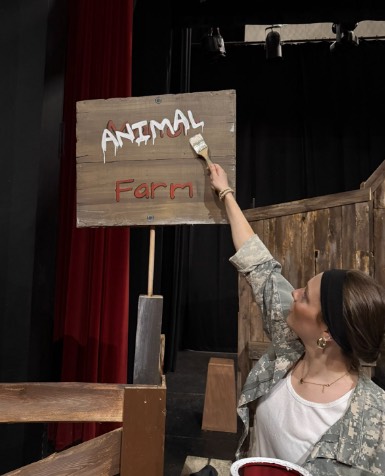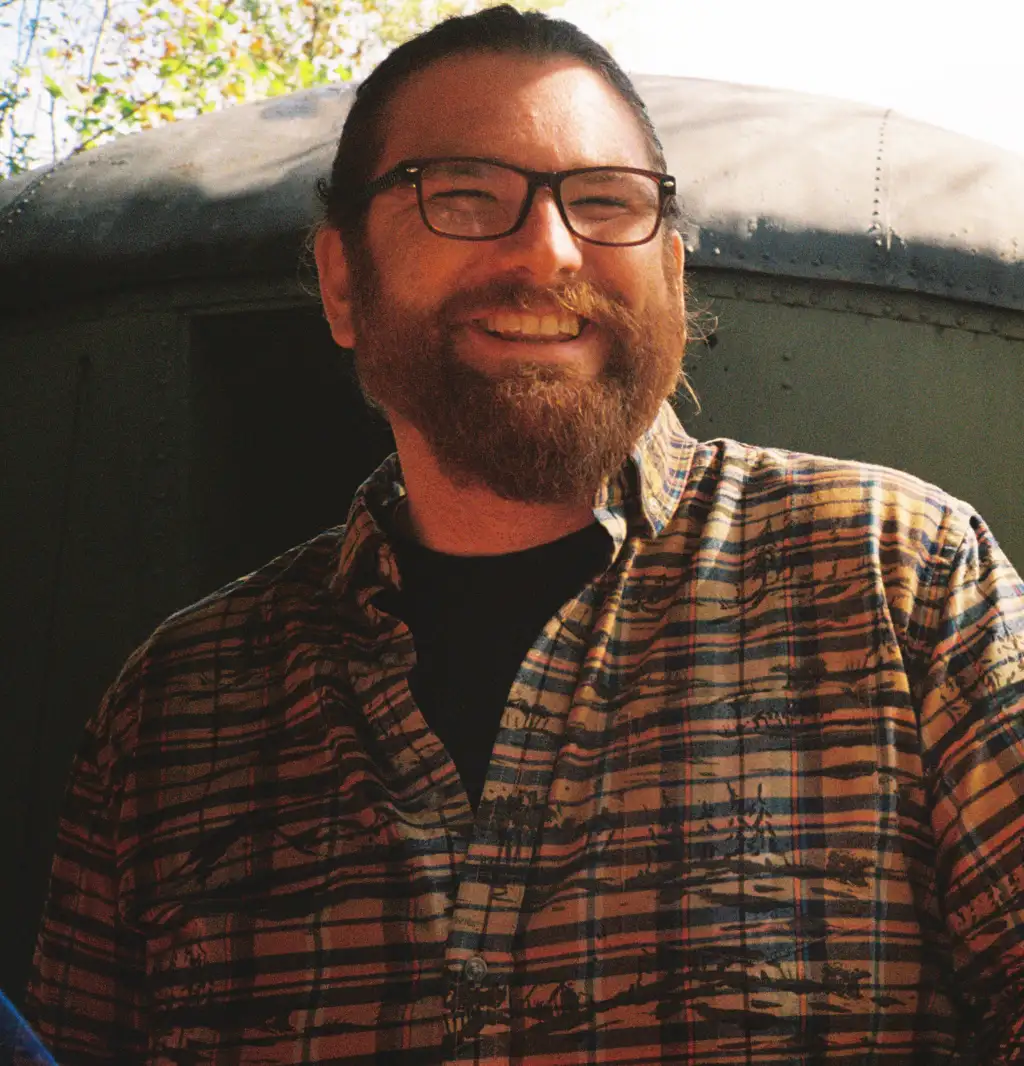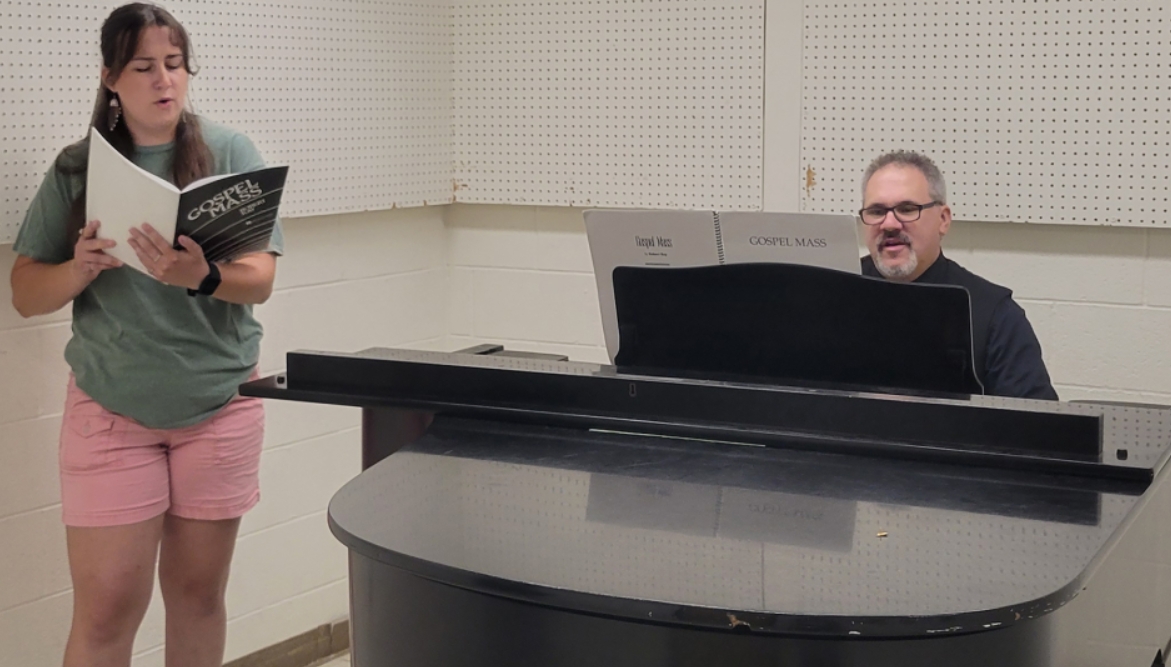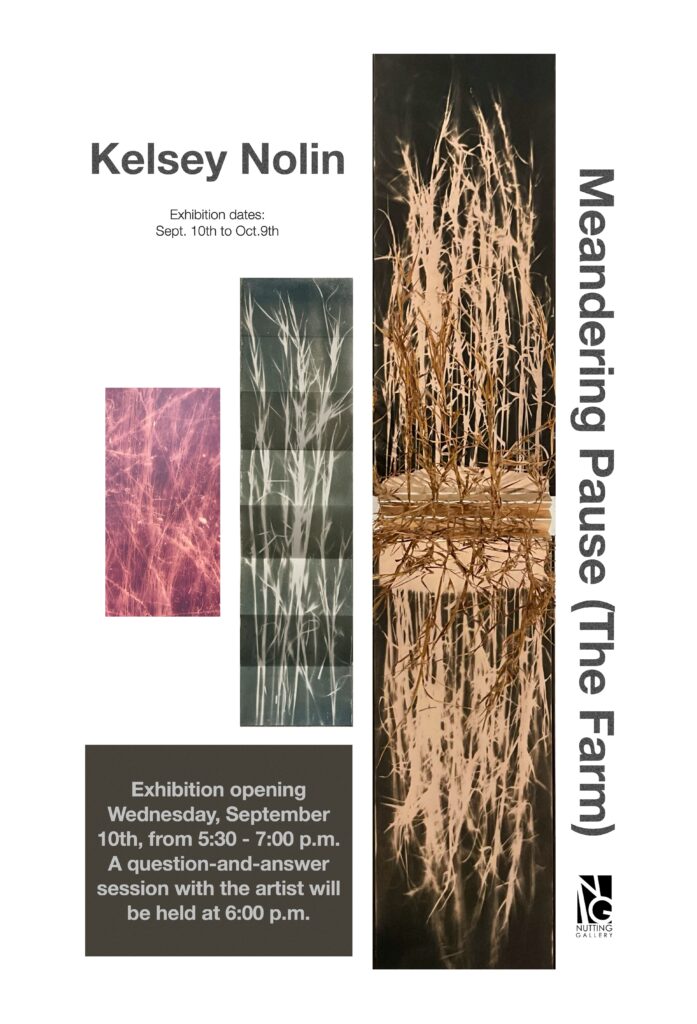Compiled by Natasha Muhametzyanova, Contributing Writer
Associate professor of English Dr. Angela Rehbein recently edited a book titled Women’s Literary Networks and Romanticism: “A Tribe of Authoresses.” Rehbein’s research focuses on British women writers of the Romantic period.
Q: What was the inspiration behind your project?
A: I’m interested in women writers from the Romantic period, especially writers who don’t receive a lot of attention from current scholars. I enjoy working on projects that bring those writers to light and ask us to rethink our assumptions about literature.
Q: What prompted you to study literature?
A: I loved to read since I was a kid. There was a part of me that always knew I wanted to study literature. I started college as an art education major and about half way through I realized I wasn’t happy. At that time I was taking a Shakespeare class just for fun and I thought ‘I love it. Why am I not an English major?’ So I switched to English. I still remember that class vividly.
Q: What is your favorite book?
A: That’s a tough question. I would say it’s the novel called “The God of Small Things” by Indian writer Arundhati Roy. I could read that over and over again and never get bored.
Q: Who is your favorite female character in literature?
A: As a child I loved Ramona Quimby. From an adult perspective, I’d say my favorite is Elizabeth Bennet from “Pride and Prejudice.” She is so witty and smart. Maybe it sounds like a cliche, but I love all Austen’s heroines.
Q: What projects are you working on now?
A: I’m working on an article on a five-book poem called “The Mother” that was published in 1811 by a writer named Jane West. West was writing at the same time as Jane Austen but is largely unknown to people now. When she was writing, she was respected and well-known which is the case for a lot of women writers of that period. This poem is really interesting; it explores how mothers shape the character of the nation. It’s always interesting to see how literature creates ideas about what it means to be a woman in a certain society.
Photo Credit: Media Relations







